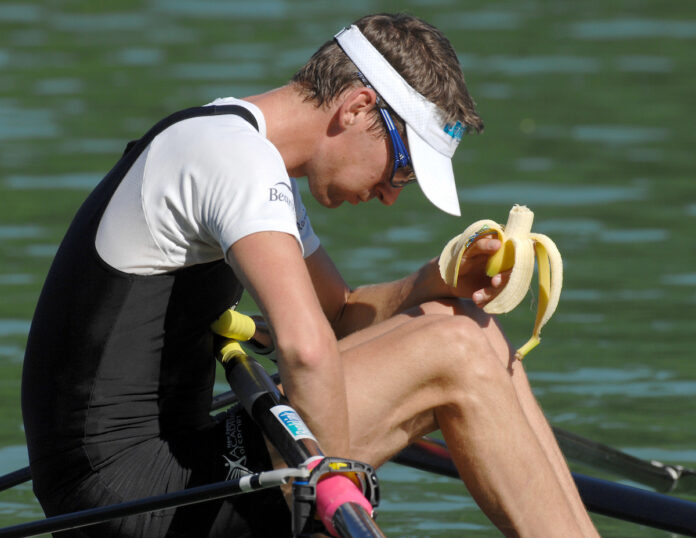BY NANCY CLARK MS, RD
PHOTO BY PETER SPURRIER
To continue reading…
Register for free to get limited access to the best reporting available.
Free accounts can read one story a month without paying.
Register for free
Or subscribe to get unlimited access to the best reporting available. Subscribe
To learn about group subscriptions, click here.
Already a subscriber? Login
Search “vegan athletes” online and you’ll find an impressive list of Olympians from many sports. That said, some vegans—and vegetarians—could do more when it comes to choosing their sports diet. The trick to surviving on a balanced vegan (and vegetarian) regime is to consume adequate vitamins and minerals (in particular iron, zinc, calcium, iodine, and vitamins D and B-12) as well as omega-3 fats, and adequate protein from a range of plant foods that offer a variety of amino acids—the building blocks of protein. The amino acid leucine is of particular importance for athletes. Leucine is an essential amino acid your body cannot make, so you need to get it from food. Leucine triggers muscles to grow. It also can help prevent the deterioration of muscle with age. When you lift weights, you stimulate the muscles to take up leucine (and other amino acids).The richest sources of leucine are animal foods, such as eggs, milk, fish, and meats. When a meat-eating athlete swaps beef for beans and other plant-proteins, they commonly reduce their leucine intake by about 50 percent. Hence, vegan athletes need to focus on getting enough high-quality plant-proteins that offer the optimal amount of leucine—for a 150-pound vegan who wants to build muscle, that’s about 20 grams of protein with 2.5 grams leucine every three to four hours during the day.

